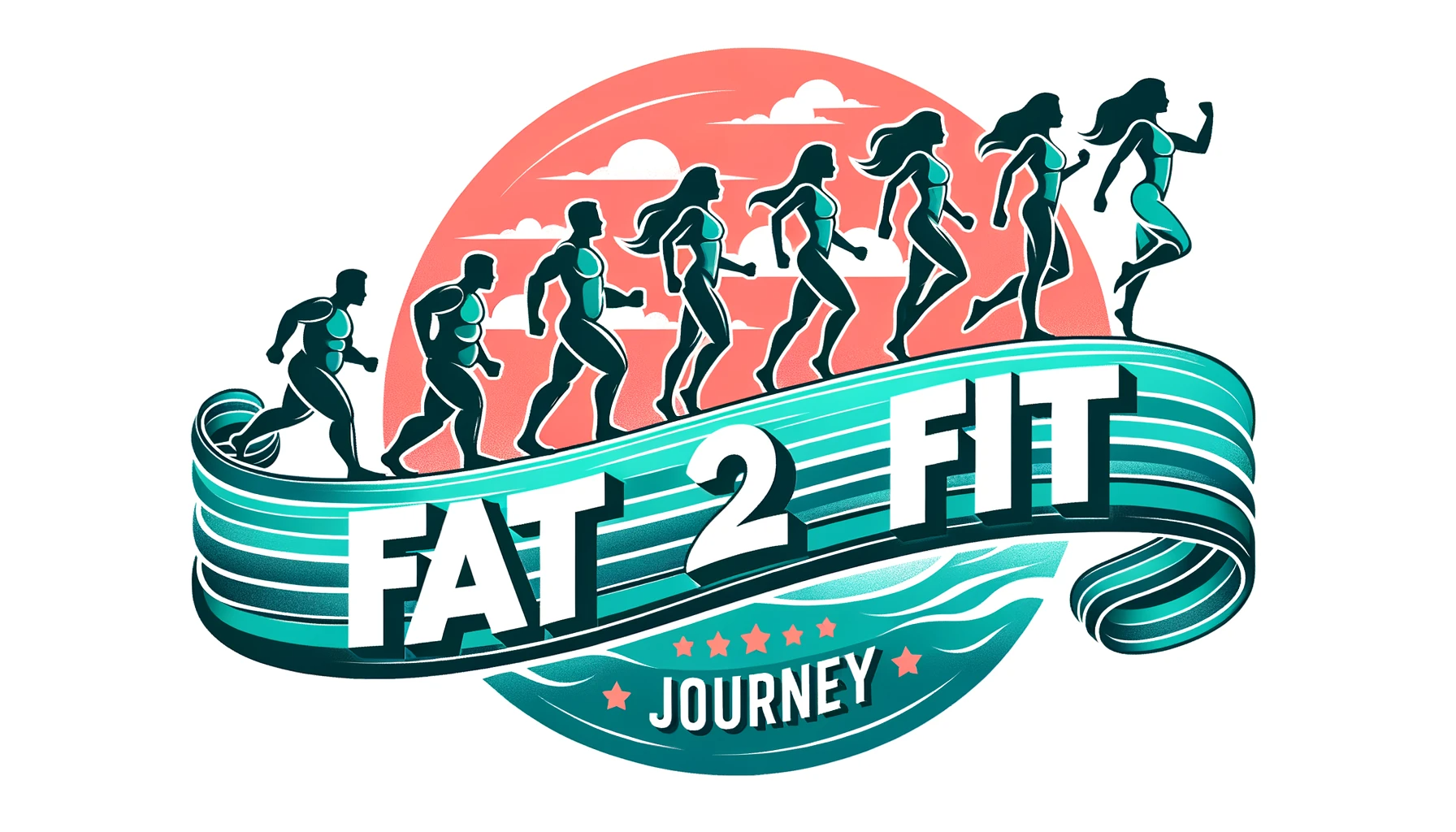Are you a man looking to lose weight? Look no further! In this article, we will discuss weight loss diets specifically designed for men, focusing on safe and effective ways to shed those unwanted pounds. Whether you’ve tried countless diets before or this is your first time on a weight loss journey, we’ve got you covered. Get ready to learn about the best dietary approaches, exercise routines, and lifestyle changes that can help you achieve your weight loss goals. Say goodbye to crash diets and hello to long-term, sustainable results.
Table of Contents
1. Understanding Weight Loss
Losing weight is a common goal for many people, and it is important to have a clear understanding of what it entails. Weight loss refers to a decrease in body weight, which can be achieved by reducing body fat, muscle mass, or fluid levels. It is often associated with improving overall health and well-being, as excess weight can contribute to various health problems such as heart disease, diabetes, and high blood pressure.
2. Factors Affecting Weight Loss
2.1. Metabolism
One of the key factors that can affect weight loss is metabolism. Metabolism refers to the process by which the body converts food into energy. Some individuals naturally have a faster metabolism, which allows them to burn calories more efficiently. On the other hand, others may have a slower metabolism, making it harder for them to lose weight. While metabolism is largely determined by genetics, there are ways to boost it through regular exercise, strength training, and a healthy diet.
2.2. Age
Age is another important factor that can impact weight loss. As we age, our metabolism tends to slow down, making it more challenging to shed pounds. This is due to a decrease in muscle mass and hormonal changes. Additionally, older individuals may find it harder to engage in physical activity, which can further hinder weight loss efforts. However, with the right approach and lifestyle adjustments, it is possible to achieve weight loss goals at any age.
2.3. Lifestyle
Your lifestyle plays a crucial role in your weight loss journey. Factors such as sedentary behavior, unhealthy eating habits, and stress can all contribute to weight gain and make it difficult to shed pounds. Incorporating regular physical activity into your routine, making conscious food choices, managing stress levels, and getting enough sleep are all important aspects of a healthy lifestyle that can support weight loss efforts.
2.4. Genetics
While genetics may influence your metabolism, they do not solely dictate your ability to lose weight. It is true that some individuals may have a genetic predisposition to carrying excess weight, but lifestyle choices and habits can still have a significant impact. By adopting a healthy and balanced diet, engaging in regular exercise, and making positive changes to your lifestyle, you can overcome genetic factors and achieve successful weight loss.

3. Healthy Eating Habits
3.1. Balanced Diet
A balanced diet is essential for weight loss. It involves consuming a variety of nutrient-rich foods from all food groups in appropriate portions. Your diet should include fruits, vegetables, whole grains, lean proteins, and healthy fats. By incorporating a wide range of nutrients into your meals, you provide your body with the necessary fuel to function optimally and support weight loss.
3.2. Portion Control
Portion control is a crucial aspect of maintaining a healthy weight. It involves being mindful of the quantity of food you consume and avoiding oversized portions. By controlling your portion sizes, you can prevent overeating and keep your calorie intake in check. It is helpful to use smaller plates and bowls, measure serving sizes, and listen to your body’s hunger and fullness cues.
3.3. Nutrient-Rich Foods
In addition to portion control, focusing on nutrient-dense foods is vital for weight loss. Nutrient-rich foods are those that provide a high amount of essential vitamins, minerals, and other beneficial compounds without excessive calories. Examples of nutrient-rich foods include leafy greens, colorful fruits and vegetables, lean proteins, whole grains, and legumes. These foods not only support weight loss but also nourish your body with the necessary nutrients for overall health.
3.4. Meal Planning
Meal planning is a helpful strategy to stay on track with your weight loss goals. By planning your meals in advance, you can ensure that you have nutritious options available and avoid making impulsive or unhealthy food choices. Consider incorporating a variety of foods from different food groups in your meals, including lean proteins, whole grains, fruits, and vegetables. You can also prepare and portion your meals in advance to make healthy eating more convenient throughout the week.
4. Popular Weight Loss Diets
4.1. Mediterranean Diet
The Mediterranean diet is a popular and sustainable eating plan that emphasizes whole, minimally processed foods. It is rich in fruits, vegetables, whole grains, legumes, nuts, seeds, and healthy fats like olive oil. This diet also includes moderate amounts of fish, poultry, and dairy products, while limiting red meat and sweets. The Mediterranean diet has been associated with numerous health benefits, including weight loss, reduced risk of heart disease, and improved overall well-being.
4.2. Paleo Diet
The Paleo diet, also known as the caveman diet, is based on the idea of eating foods that our ancestors consumed during the Paleolithic era. This diet encourages the consumption of lean proteins, fruits, vegetables, nuts, and seeds while excluding processed foods, grains, dairy products, and legumes. While the Paleo diet can lead to weight loss due to its focus on whole foods, it is essential to ensure that you are still meeting your nutrient needs when following this plan.
4.3. Keto Diet
The ketogenic (keto) diet has gained popularity for its potential to promote weight loss by inducing a state of ketosis in the body. This diet is low in carbohydrates and high in fats, forcing the body to rely on fat as its primary fuel source. In the absence of glucose from carbohydrates, the body starts burning stored fat for energy, leading to weight loss. However, it is crucial to carefully monitor your nutrient intake and consult a healthcare professional before embarking on this diet, as it can be challenging to sustain and may have potential side effects.
4.4. DASH Diet
The Dietary Approaches to Stop Hypertension (DASH) diet is specifically designed to lower blood pressure, but it can also support weight loss. This diet emphasizes fruits, vegetables, whole grains, lean proteins, and low-fat dairy products while limiting sodium, saturated fats, and sweets. The DASH diet promotes a balanced and sustainable eating pattern, making it suitable for long-term weight management.
4.5. Intermittent Fasting
Intermittent fasting has gained popularity as a weight loss strategy. It involves alternating periods of eating and fasting, where you restrict your calorie intake during specific time frames. Popular methods include the 16/8 method (fasting for 16 hours and eating during an 8-hour window) and the 5:2 method (eating regularly for 5 days and restricting calorie intake for 2 days). While intermittent fasting can be effective for weight loss, it is important to ensure that you are still meeting your nutrient needs and consult a healthcare professional before starting this eating pattern.

5. Strength Training and Exercise
5.1. Importance of Exercise
Incorporating regular physical activity into your weight loss journey is essential for achieving long-term success. Exercise not only burns calories but also helps build lean muscle mass, which can boost your metabolism and facilitate weight loss. Additionally, exercise plays a crucial role in improving overall health, reducing the risk of chronic diseases, and enhancing mental well-being.
5.2. Types of Exercise
There are several types of exercises that you can incorporate into your routine to support weight loss. Cardiovascular exercises such as brisk walking, running, cycling, swimming, and dancing are great for burning calories and increasing heart rate. Strength training exercises, which involve resistance training and lifting weights, help build muscle, improve bone density, and increase metabolism. It is important to include a combination of both cardiovascular and strength training exercises in your fitness routine for optimal results.
5.3. Cardiovascular Exercise
Cardiovascular exercise, also known as aerobic exercise, is an essential component of any weight loss plan. It increases your heart rate, improves cardiovascular health, and burns calories. Engaging in activities such as jogging, cycling, or swimming for at least 150 minutes per week can significantly contribute to weight loss. Start gradually and gradually increase the intensity and duration of your workouts to avoid injury and build endurance.
5.4. Strength Training
Strength training is equally important for weight loss. It helps build muscle mass, which not only enhances your overall physique but also increases your metabolic rate. Incorporating strength training exercises into your routine, such as weightlifting, resistance band workouts, or bodyweight exercises, can help you burn more calories even at rest. Aim to perform strength training exercises at least two to three times per week, targeting different muscle groups for a well-rounded workout.
6. Avoiding Fad Diets
6.1. Understanding Fad Diets
Fad diets are eating plans that promise rapid weight loss through strict and often unsustainable restrictions. They often promote certain foods or food groups while demonizing others. While fad diets may initially lead to weight loss, they are not a sustainable or healthy approach in the long run. It is important to understand that true and long-lasting weight loss comes from making positive lifestyle changes rather than following short-term, restrictive diets.
6.2. Risks of Fad Diets
Fad diets can pose several risks to your health and well-being. They often lack essential nutrients, leading to deficiencies and potential health complications. In some cases, fad diets can also result in disordered eating patterns and a negative relationship with food. Moreover, weight loss achieved through fad diets is often not sustainable, leading to weight regain once normal eating habits are resumed. It is crucial to prioritize your overall health and focus on making sustainable changes to your lifestyle rather than resorting to fad diets.
6.3. Long-Term Sustainability
When it comes to weight loss, long-term sustainability is key. Instead of focusing on quick fixes or drastic changes, aim to adopt a healthy and balanced lifestyle that you can maintain in the long run. Make gradual changes to your eating habits, incorporate regular physical activity into your routine, and prioritize self-care and mental well-being. By prioritizing sustainable practices, you can achieve and maintain a healthy weight for years to come.

7. Seeking Professional Guidance
7.1. Consulting a Doctor
Before embarking on any weight loss journey, it is important to consult with a healthcare professional, especially if you have any pre-existing health conditions. A doctor can assess your overall health, evaluate any potential risks, and provide personalized recommendations based on your individual needs. They can also help monitor your progress and ensure that your weight loss efforts are safe and effective.
7.2. Registered Dietitian
A registered dietitian is an invaluable resource when it comes to weight loss. They are experts in nutrition and can provide personalized guidance and meal planning tailored to your specific needs and goals. A dietitian can help you develop a healthy eating plan, guide you in making informed food choices, and address any concerns or challenges you may face during your weight loss journey. They can also help you establish a positive relationship with food and create a sustainable eating pattern.
7.3. Personal Trainer
If you are new to exercise or would like guidance on incorporating physical activity into your weight loss plan, consulting a personal trainer is a great option. A personal trainer can help create a customized workout program based on your fitness level, goals, and preferences. They can teach proper exercise techniques, ensure you are performing exercises safely and efficiently, and motivate you to stay on track with your fitness goals. With their expertise and support, you can maximize your weight loss results and minimize the risk of injury.
8. Overcoming Plateaus
8.1. Weight Loss Plateaus
Weight loss plateaus are common and can be frustrating, but it is important not to get discouraged. A weight loss plateau refers to a period where your weight remains stagnant despite continued efforts. Plateaus can occur due to various factors, such as a decrease in metabolism, changes in body composition, or simply your body adjusting to a new weight. It is essential to remember that weight loss is not always linear and that plateaus are a normal part of the journey.
8.2. Strategies to Break Plateaus
To overcome weight loss plateaus, consider incorporating the following strategies:
- Monitor your calorie intake: Re-evaluate your portion sizes and ensure that you are not consuming more calories than you are burning.
- Increase physical activity: Amp up your exercise routine by incorporating new activities, increasing the intensity or duration of your workouts, or trying new fitness classes.
- Mix up your workouts: Your body can adapt to repetitive exercises, causing weight loss to plateau. Incorporate various types of exercises and change up your routine regularly to challenge your body.
- Focus on strength training: Building lean muscle mass through strength training can increase your metabolism and improve weight loss. Incorporate strength training exercises into your routine at least two to three times per week.
- Stay consistent: Consistency is key when it comes to weight loss. Stick to your healthy eating habits and exercise routine, even when you hit a plateau. Remember that the scale is not the only measure of progress, and focus on non-scale victories such as increased energy levels or improved fitness.
9. Mental and Emotional Well-being
9.1. Importance of Mental Health
While focusing on physical health is important for weight loss, it is equally essential to prioritize your mental and emotional well-being. Mental health plays a significant role in your overall well-being and can impact your ability to maintain a healthy lifestyle. Stress, anxiety, and negative emotions can lead to emotional eating, hinder motivation, and sabotage weight loss efforts. Prioritizing self-care, practicing stress management techniques, and seeking support when needed are crucial for a successful weight loss journey.
9.2. Stress Management Techniques
Stress management techniques can help prevent emotional eating and support weight loss. Some effective strategies include:
- Engaging in relaxation techniques such as deep breathing exercises, meditation, or yoga.
- Finding healthy outlets for stress, such as engaging in hobbies, spending time in nature, or connecting with loved ones.
- Prioritizing self-care activities that bring you joy and help you relax, such as taking a bath, reading a book, or listening to music.
- Seeking professional help through therapy or counseling if stress and emotional eating patterns persist or worsen.
9.3. Emotional Eating
Emotional eating is a common behavior that many individuals engage in as a coping mechanism for dealing with emotions or stress. It involves using food as a way to comfort or distract oneself from negative feelings. While emotional eating may provide temporary relief, it can hinder weight loss progress and lead to an unhealthy relationship with food. Developing alternative coping mechanisms such as identifying emotional triggers, finding non-food related activities to manage stress, and seeking support from friends, family, or professionals can help break the cycle of emotional eating.
10. Tracking Progress
10.1. Setting Realistic Goals
Setting realistic goals is essential for staying motivated and measuring progress. It is important to set goals that are specific, measurable, achievable, relevant, and time-bound (SMART goals). Instead of focusing solely on the number on the scale, consider including other indicators of progress such as improved energy levels, increased strength, or better sleep quality. Celebrate even the smallest victories and acknowledge that progress takes time.
10.2. Monitoring Food Intake
Monitoring your food intake can be a helpful tool for weight loss. Keeping a food journal or using a mobile app to track your meals and snacks can provide valuable insight into your eating habits and help identify areas for improvement. Being aware of portion sizes, nutrient content, and calorie intake can support mindful eating and promote healthier choices. However, it is essential to maintain a balanced approach and not become obsessive with tracking every single calorie or macronutrient.
10.3. Tracking Physical Activity
In addition to monitoring food intake, tracking physical activity can also be beneficial for weight loss. Keeping a record of your workouts, exercise duration, and intensity can help you stay accountable and motivated. It allows you to see your progress over time, identify patterns, and make adjustments to your fitness routine as needed. Consider using a fitness tracker or smartphone app to track your daily steps, heart rate, and calorie burn. However, it is important to listen to your body and not rely solely on numbers when it comes to physical activity.
